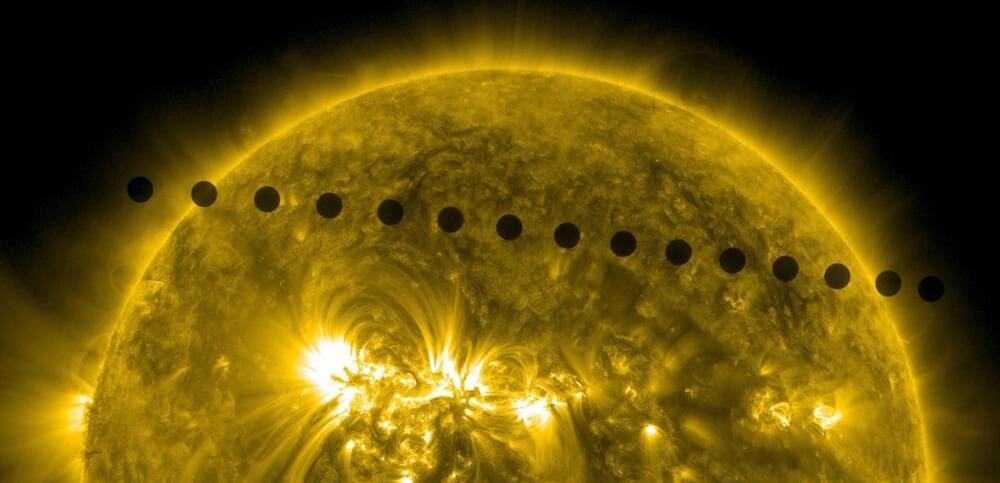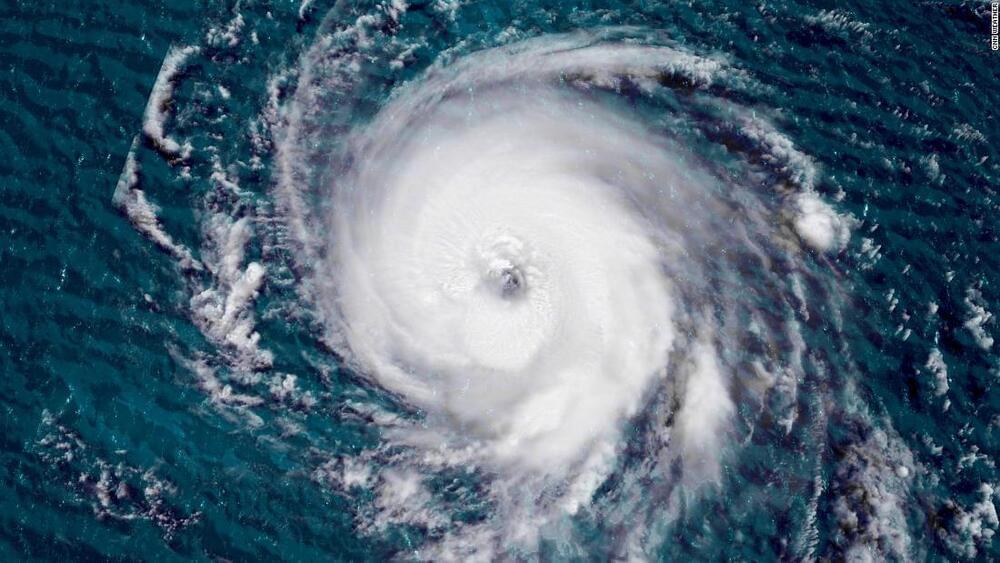A major challenge for producers of electricity from solar panels and wind turbines is akin to capturing lightning in a bottle. Both solar and wind increasingly generate electricity amid little demand, when market prices are too low to cover costs. At noon on sunny days, for example, wholesale power prices in areas with high quantities of solar and wind occasionally fall below zero.
Some renewable energy producers store their excess electricity as green hydrogen, using the electricity to produce hydrogen from water—labeled “green” because the process emits no carbon dioxide. Used to create fuels, fertilizer, and other chemicals, the global hydrogen market is about $125 billion, and it’s growing briskly in part due to increased interest in hydrogen as a fuel for buses, trucks, and even ships. The problem is that producing hydrogen with electricity remains fairly expensive, so it’s only profitable to sell at the higher prices paid by lower-volume customers.
But now, researchers at Stanford University and at the University of Mannheim in Germany have found a possible solution: integrated reversible power-to-gas systems that can easily convert hydrogen back to electricity when power prices spike higher.








